- Home
- 7 Steps of Goal Setting
- Fear of Failure
How to Stop Procrastination by Overcoming Your Fear of Failure
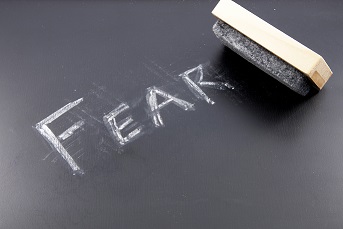
Do you procrastinate on tasks because of a fear of failure. If so, you are not alone. I have worked with many professionals whose number one reason for procrastination is the thought of not meeting their own or others expectations. This can be paralyzing for them and triggers the brain's fight or flight response which makes procrastination a safer option.
The problem is that this this fear of failure creates a self-fulfilling prophecy. By putting off critical and important tasks you increase your risk of poor performance and failure. Its a vicious cycle.
Does this sound familiar?
Many people I have worked with see success and failure as polar opposites. But one of the most important things to recognise is failure is not the opposite of success; it's part of it.
This concept of failure and setbacks as essential elements for success was shown in the 1997 Nike commercial that depicted the National Basketball Association's (NBA) biggest star as a failure. In the ad, Michael Jordan recounted, "I’ve missed more than 9,000 shots in my career. I've lost almost 300 games. 26 times, I've been trusted to take the game-winning shot and missed. I’ve failed over and over and over again in my life. And that is why I succeed." Every successful person you admire has failed numerous times on their journey. The difference is in how they perceive and respond to failure.
Overcoming procrastination by reducing your fear of failure
Even the most confident of people fear failure and put things off. Unfortunately, by continuing to procrastinate, your fear increases and you are more likely to fail. Here are some strategies to overcome your fear of failure.
Strategy #1. Confront your fear
I have found useful to implement the "Five-Minute Rule." When you are doing a task that triggers your fear of failure just committ to it for five minutes. By facing your fear you break down the psychological barrier that fear creates.
My clients have often told me that when they start the five minutes their discomfort/fear often evaporates and they continue working on the activity.
Strategy #2: Practice the 3D approach
Fear of failure can often result from feeling overwhelmed.
Consider the 3D approach of setting mini goals, practicing the Pomodoro technique and rewarding yourself. Don't forget to practice self-compassionate. I write more about implementing this approach.
Strategy #3: Consider a worst-case scenario
Use the "Worst-Case Scenario" exercise. This involves:
- What is the worst that can happen.
- When you have written it down can you create a contingency plan for each event.
- What this does is tells your brain that even the worst-case scenarios are manageable and can reduce the grip that the fear has.
Strategy #4: Adopt a growth mindset
See your challenges as opportunities to learn rather than tests of your abilities. Work by Carol Dweck and colleagues at Stanford University show that this mindset shift significantly reduces fear of failure and procrastination.
This can be dove-tailed by Martin Seligman's work (the father of positive psychology) who says that resilient people don't take failure personally. To to see your difficulties as opportunities to learn consider asking yourself the following questions
- What happened?
- Why did it happen?
- How could it have been prevented?
- How can I do better next time?
"Failure is instructive. The person who really thinks learns quite as much from his failures as from his successes."
John Dewey
Strategy #5: Create and implementation plan
When you start out on something obstacles are sure to arise. Can you pre-plan how you will overcome these obstacles by using specific "if-then" plans for when you encounter obstacles. For example: "If I feel overwhelmed by preparing for my public speech, then I will break it down into two smaller tasks." Studies show this approach increases follow-through by up to 300%.
To implement on these strategies I suggest that you do a few things:
- Identify your fear triggers.
- What types of tasks do you procrastinate on?
- What thoughts run through your head when you confront these tasks (this can help to identify if it is perfectionishm or chronic overpreparation etc)
- Choose one strategy that resonates with you and and give it a go for one week.
- Slowly incorporate each of these strategies
These strategies are not just for overcoming procrastination but can open you up to opportunities and success in other areas of your life. Remember, that the most successful people are those who never fail or feel fear, they're the ones who know their fears and work through them and keep moving forward anyway.
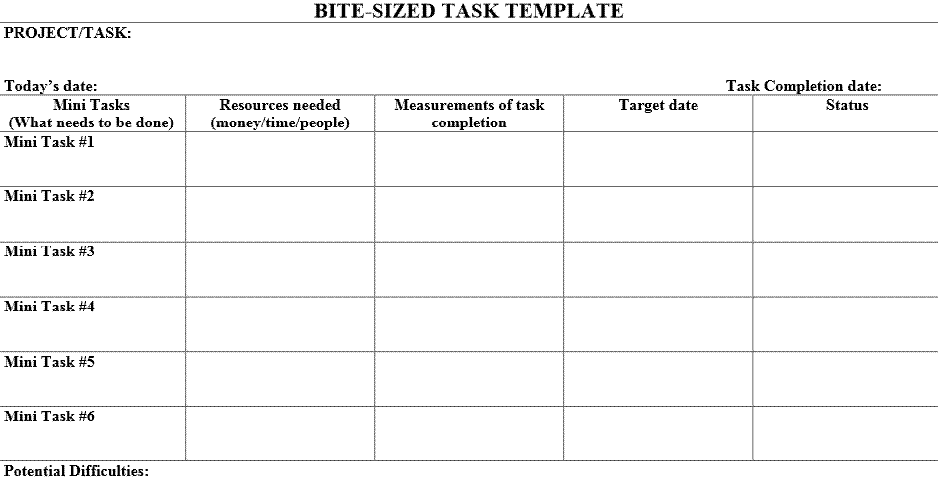





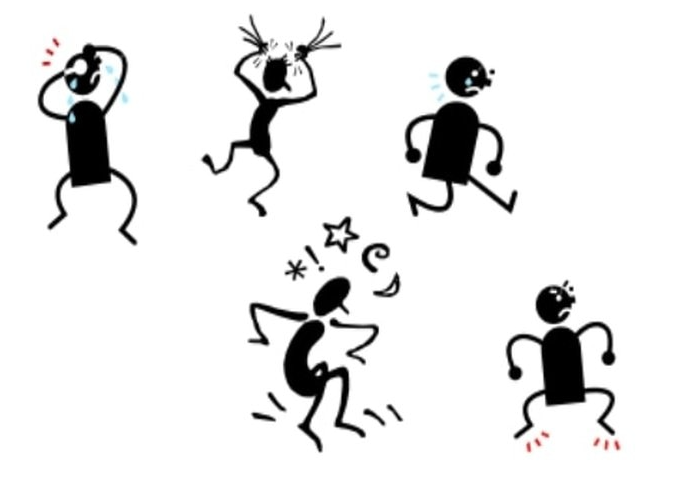
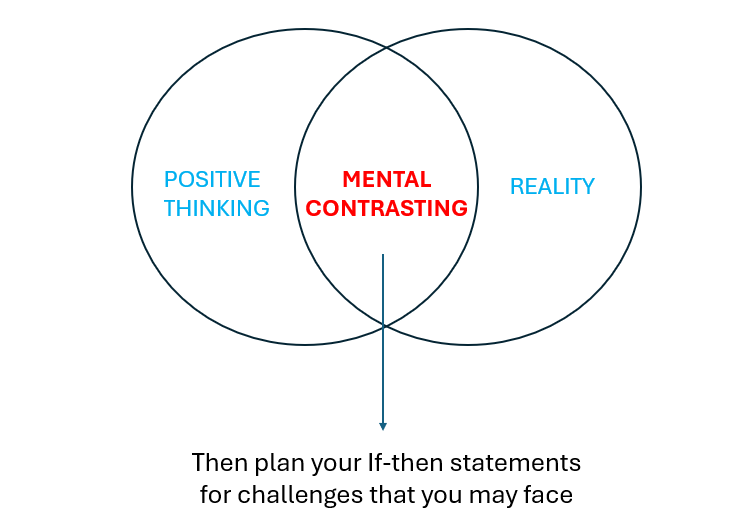



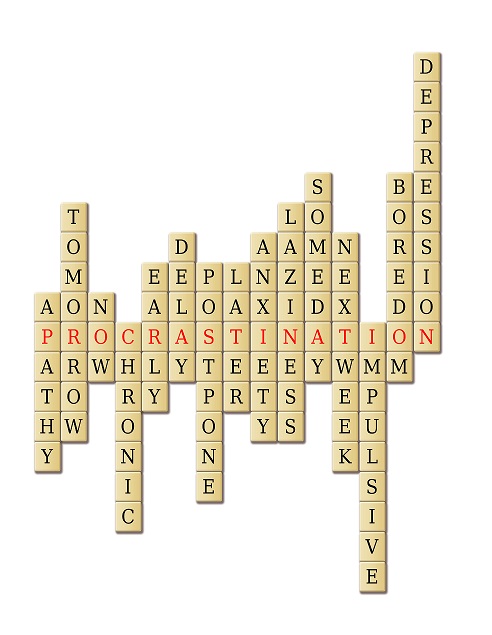



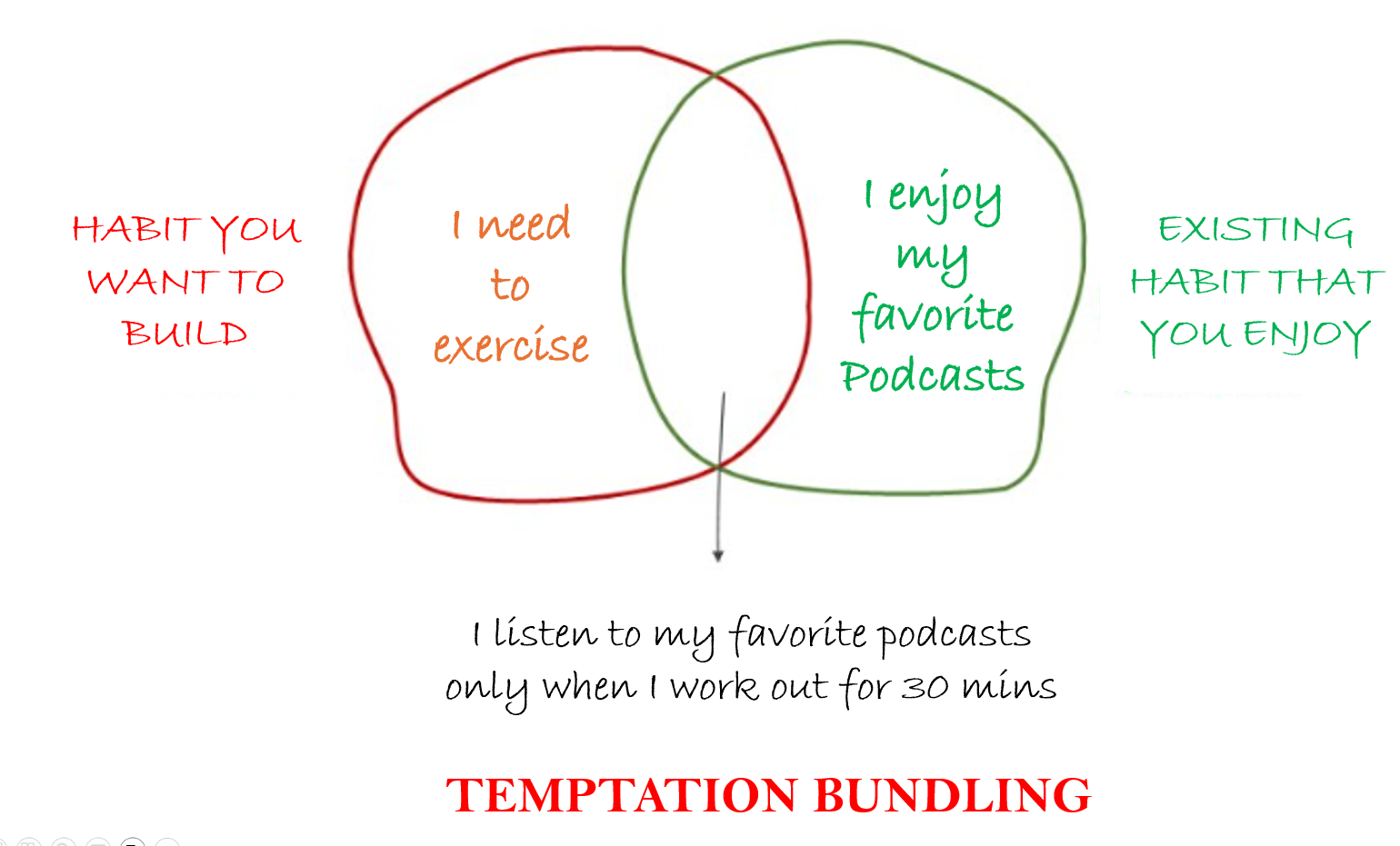
New! Comments
Have your say about what you just read! Leave me a comment in the box below.